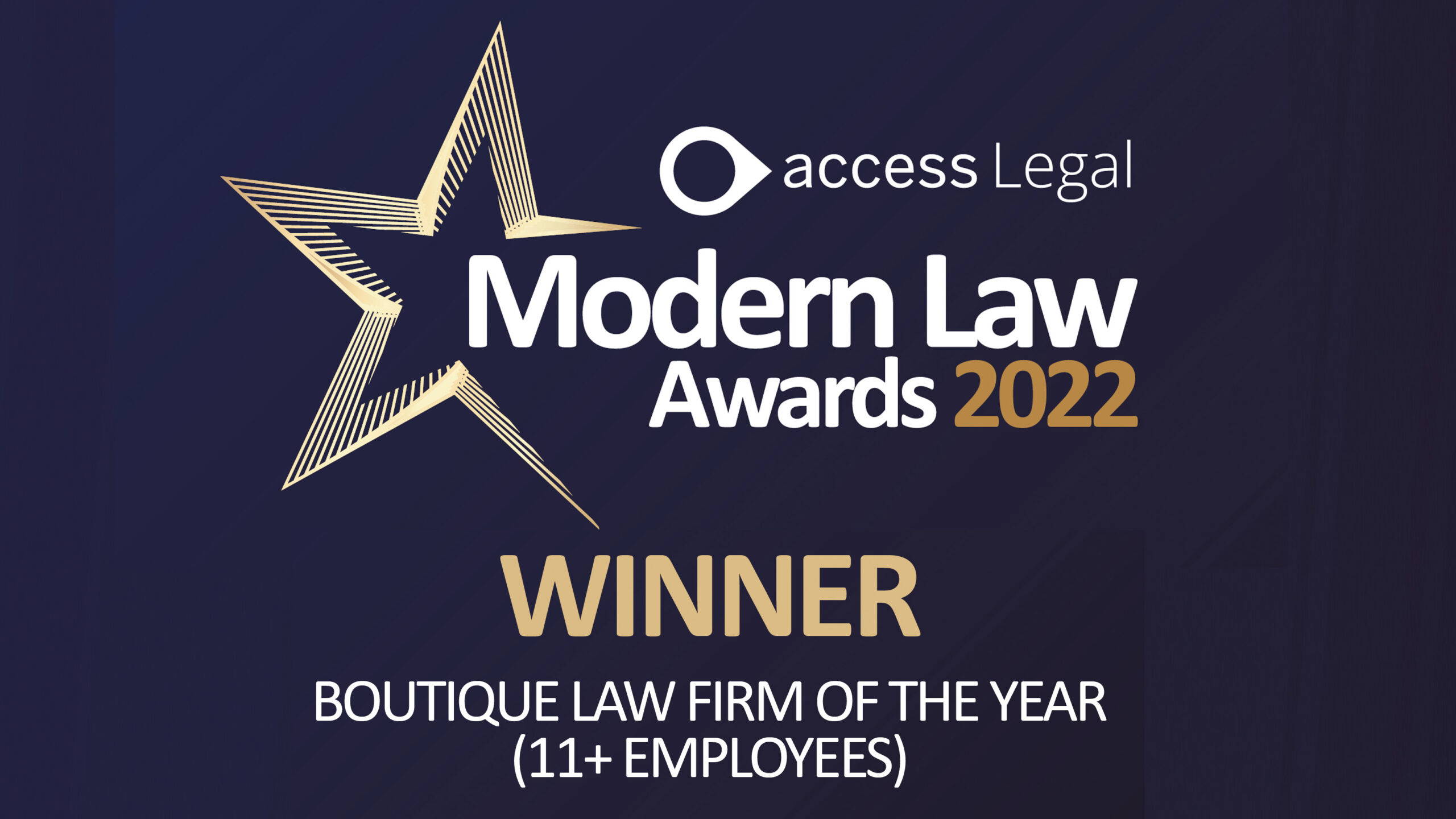Unvaccinated staff continue to make headlines both on the news and social media as we continue through this COVID-19 pandemic. As a result of employees refusing the COVID-19 vaccinations it has sparked a great debate within the employment sector as to the implications on both employees and employers of being unvaccinated
IKEA
Most recently, IKEA made headlines when they announced they had cut sick pay for unvaccinated staff who were required to self-isolate due to COVID-19. IKEA’s current position is:
- Those fully vaccinated or those that are unvaccinated because of mitigating circumstances such as pregnancy or other medical grounds, will receive full pay.
- Those unvaccinated without mitigating circumstances and that test positive with COVID-19 will be paid full company sick pay in line with IKEA’s company absence policy.
- Those unvaccinated without mitigating circumstances that are identified as a close contact of a positive case and have to self-isolate will be paid Statutory Sick Pay.
In order to manage mass staff absences at the unprecedented levels they are currently at due to the more infectious Omicron COVID-19 variant, do you think IKEA was right in taking this approach? It is important that employers consider striking the right balance in what is seen to be changing policies to manage staff shortages rather than discriminating against those who are unvaccinated.
So where does everyone stand?
Is it legal for an employer to reduce sick pay for unvaccinated staff?
Yes, provided this policy change can be objectively justified in each individual circumstance and the employer can show that the policy change is a proportionate means of achieving a legitimate aim. The employer will also need to consider how the individual’s contract of employment and/or the sickness policy is drafted. Does it expressly state that sick pay is discretionary? If so, the employer can exercise its discretion to withhold company sick pay for those having to self-isolate if they live with or have been in close contact with a positive case, as these employees would not have had to self-isolate had they been fully vaccinated.
Can employers require proof of a medical exemption for vaccination?
Yes, but employers will need to be careful about data protection and consider why it is necessary for such proof to be provided. The employer may also want to restrict who has access to such confidential information to ensure the employee’s vaccination status is not being used to directly or indirectly discriminate the employee.
Is it discriminatory to offer one member of staff less sick pay than another?
Again, this will depend on what the sickness policy stipulates. Most company sick pay will be discretionary, so the employer can refuse company sick pay in certain sickness absence situations. Whilst the employer can exercise its discretion, it should not breach equal pay law which applies to sick pay and be careful not to directly or indirectly discriminate the employee.
Why would employers pay their staff more than statutory sick pay?
There is no obligation for an employer to pay their staff more than the statutory sick pay, but some employers pay more as a contractual benefit. Company sick pay is likely to be limited to a period of time for example 5 days or 2 weeks or more depending on the company. Staff are less likely to self-isolate if they simply cannot afford time off work at the Statutory Sick Pay rate.
Are ‘no jab, no job’ policies legal?
There is nothing currently preventing an employer from putting in place a ‘no jab, no job’ policy for new hires. However, if the employer chooses to do this, it should consider why it is necessary for the policy to be in place. Are there health and safety issues relating to COVID-19 which would be heightened without such policy in place? Although such policies are likely to encourage staff to get vaccinated, the employer should be careful it does not directly or indirectly discriminate the employee.
Can an employer legally treat unvaccinated staff differently to other members of staff?
Yes, for example, the employer can ask unvaccinated staff to work from home if the reason for this is because of health and safety risks connected with COVID-19. The employer will need to have considered whether it is possible for unvaccinated staff to carry out these activities without working from home. If the employer is unable to objectively justify and cannot show that it is a proportionate means of achieving a legitimate aim or treats those unvaccinated unfavourably, the employer could face discrimination claims.
How can Thrive help?
If you feel you’re struggling to retain staff or incentivise with initiatives, and you are looking for an outsourced HR partner to assist in the management of your workforce, please get in touch today at enquiries@thrivelaw.co.uk
Disclaimer
Please note this blog is for reference purposes only and is only accurate at the date it was published. It does not constitute legal advice and should not be relied upon as such. Specific legal advice about your specific circumstances should always be sought separately before taking or deciding not to take any action. Please contact us if you have any questions at enquiries@thrivelaw.co.uk
Written by: Thrive Law









